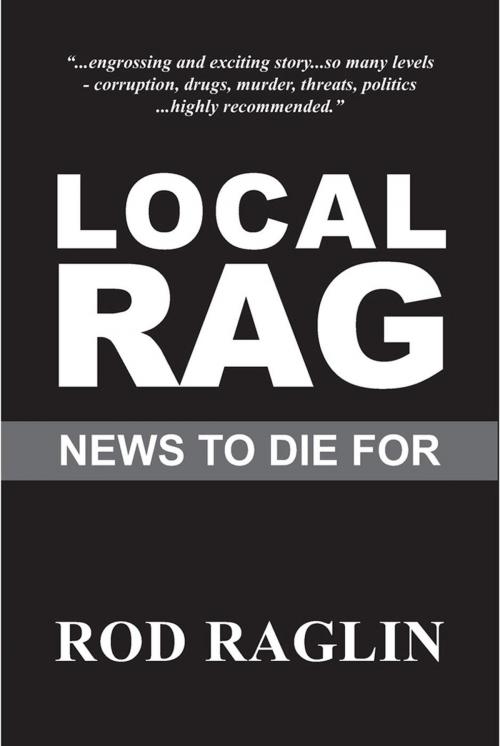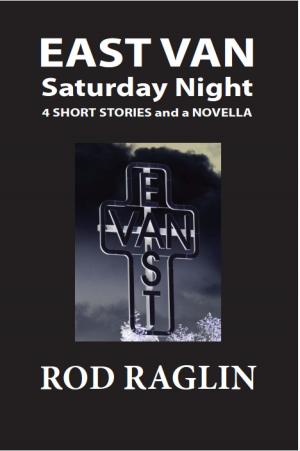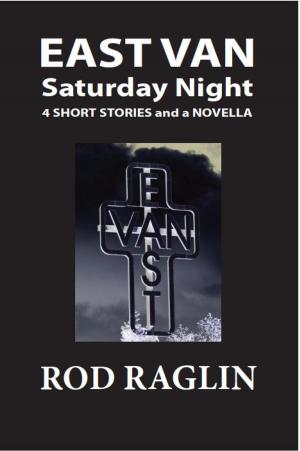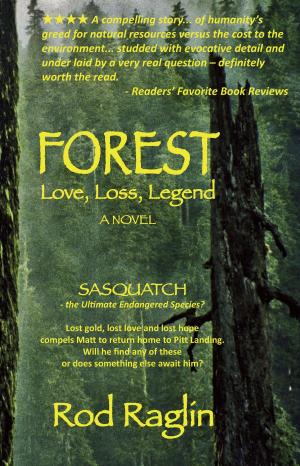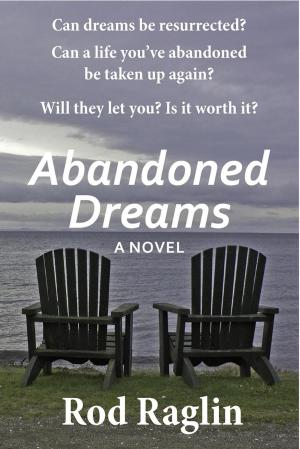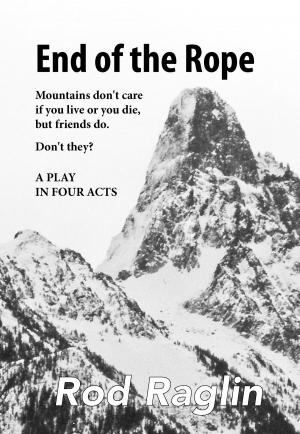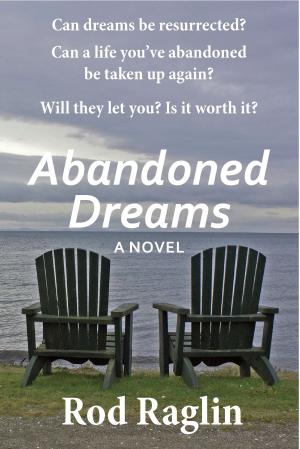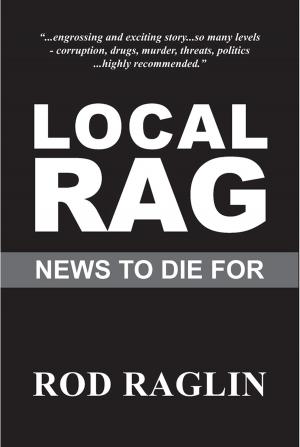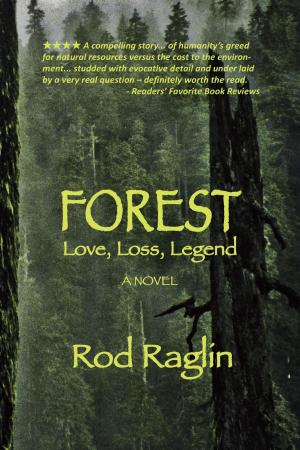| Author: | Rod Raglin | ISBN: | 9781386438632 |
| Publisher: | Rod Raglin | Publication: | October 8, 2016 |
| Imprint: | Language: | English |
| Author: | Rod Raglin |
| ISBN: | 9781386438632 |
| Publisher: | Rod Raglin |
| Publication: | October 8, 2016 |
| Imprint: | |
| Language: | English |
Do you believe everything you read in the newspapers?
Jim Mitchell doesn't.
He's a journalist and the publisher and editor of a community newspaper, The Sentinel.
He gave up a career with big media because he couldn't justify their choice of what to cover, couldn't tolerate the way they edited his stories and would not be implicit in misleading the public to benefit some hidden corporate agenda.
When he bought The Sentinel he thought all that would end. Being owner of "the local rag" he could select the stories, edit the copy and make sure the interests of the community were served.
He would print the truth - no slant, no bias, no spin, and he'd make a living doing it.
He was wrong.
Right from the beginning Jim's brand of reportage rankles some powerful people, people who pay his bills. Then there's the new competitor, a multinational media conglomerate that's expanding its generic community newspaper format into The Sentinel's market area.
Soon it's a struggle for The Sentinel to make a profit and for Jim to keep true to his uncompromising ethic.
When his best friend, Anthony Bravaro decides to run for mayor Jim's hopeful he'll be an honest politician.
Hope turns to dismay as Jim watches the quest for power turn a good man bad. Tony's campaign tests Jim's professional objectivity and personal integrity.
When Jim confronts his friend with damaging information that could end his run for public office he finds out how far Tony's prepared to go to win the mayor's seat - farther than he could ever have imagined.
Do you believe everything you read in the newspapers?
Jim Mitchell doesn't.
He's a journalist and the publisher and editor of a community newspaper, The Sentinel.
He gave up a career with big media because he couldn't justify their choice of what to cover, couldn't tolerate the way they edited his stories and would not be implicit in misleading the public to benefit some hidden corporate agenda.
When he bought The Sentinel he thought all that would end. Being owner of "the local rag" he could select the stories, edit the copy and make sure the interests of the community were served.
He would print the truth - no slant, no bias, no spin, and he'd make a living doing it.
He was wrong.
Right from the beginning Jim's brand of reportage rankles some powerful people, people who pay his bills. Then there's the new competitor, a multinational media conglomerate that's expanding its generic community newspaper format into The Sentinel's market area.
Soon it's a struggle for The Sentinel to make a profit and for Jim to keep true to his uncompromising ethic.
When his best friend, Anthony Bravaro decides to run for mayor Jim's hopeful he'll be an honest politician.
Hope turns to dismay as Jim watches the quest for power turn a good man bad. Tony's campaign tests Jim's professional objectivity and personal integrity.
When Jim confronts his friend with damaging information that could end his run for public office he finds out how far Tony's prepared to go to win the mayor's seat - farther than he could ever have imagined.
